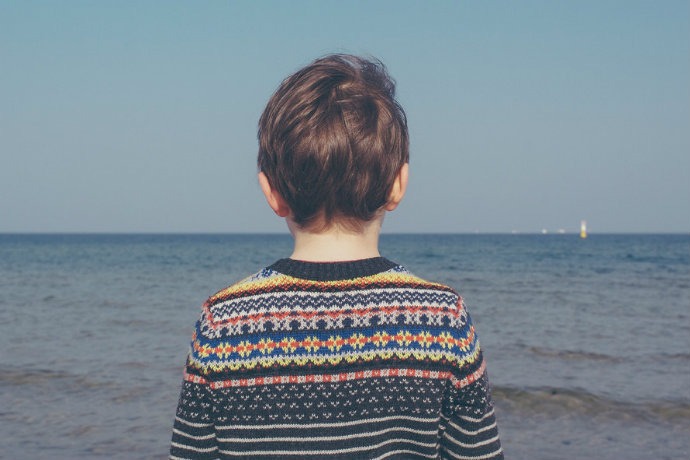
Studying our child psychology course will help you get to the bottom of aggression in children and all the possible reasons why they may behave aggressively.
Aggression in children can be the result of many underlying problems. Children can behave aggressively for several reasons. For example, mood issues are very common.
Children can become particularly aggressive when they’re in a manic state. On the other hand, they can become aggressive when their mood is low and they lash out.
Also, if children live in a household where aggression is the norm, then it’s most likely that they’ll pick up the aggressive behaviour they may witness around them.
Forms of Aggression in Children
Instrumental Aggression
This form of aggression involves getting something and doing what it takes to get what you want. Harming the other person isn’t intentional.
This is very common in children as they lack the ability to fully comprehend what’s right and what’s wrong. They also lack the awareness that their actions can be harmful towards others.
Hostile Aggression
Unlike instrumental aggression, hostile aggression is aimed at causing harm towards others. For example, this could include physical attacks and destroying personal property.
Relational Aggression
This is more prominent in older children, mainly in secondary schools. This includes damaging the social life of someone by socially isolating them and spreading cruel rumours.
How to Deal with Aggression in Children
There are several different ways to deal with aggression in children. These include:
- Remain civilised and calm – If you feel that your child is about to have an aggressive episode, then be sure to avoid shouting or lashing out as it’s more likely that they’ll react in a similar, aggressive manner. Discuss appropriate and inappropriate behaviour to your child in a calm and peaceful way. It’s always best to show children that talking and listening is the best way to resolve issues and then they’re more likely to follow suit.
- Keep an eye on the influence of other children – Very often, the bad behaviour of other children can rub off on the child. For example, if the child sees another child behaving aggressively towards someone else, they may consider it acceptable.
- Praise good behaviour – If you feel that your child has behaved well and had a good day, then reward their behaviour. This will ensure that the child will want to behave positively more often.
- Look out for triggering things – Be sure to work out whether there are any triggers that cause their aggressive behaviour.
- Monitor TV shows and video games – For many years, there’s been the ongoing debate as to whether certain TV shows or video games can influence aggression in children. If it’s a TV show with lots of violence, then it can negatively impact their behaviour.
- Activities – If a child gets irritable, then it may help to integrate some fun, physical activities in order to help them channel that anger and aggression and relieve all of that stress.
Overall, dealing with aggressive children is no doubt challenging but as we’ve discovered, there are lots of ways in which you can reduce aggressive behaviour in children.
How would you deal with aggression in children? What are your top tips? Please let us know below…





Leave a Reply